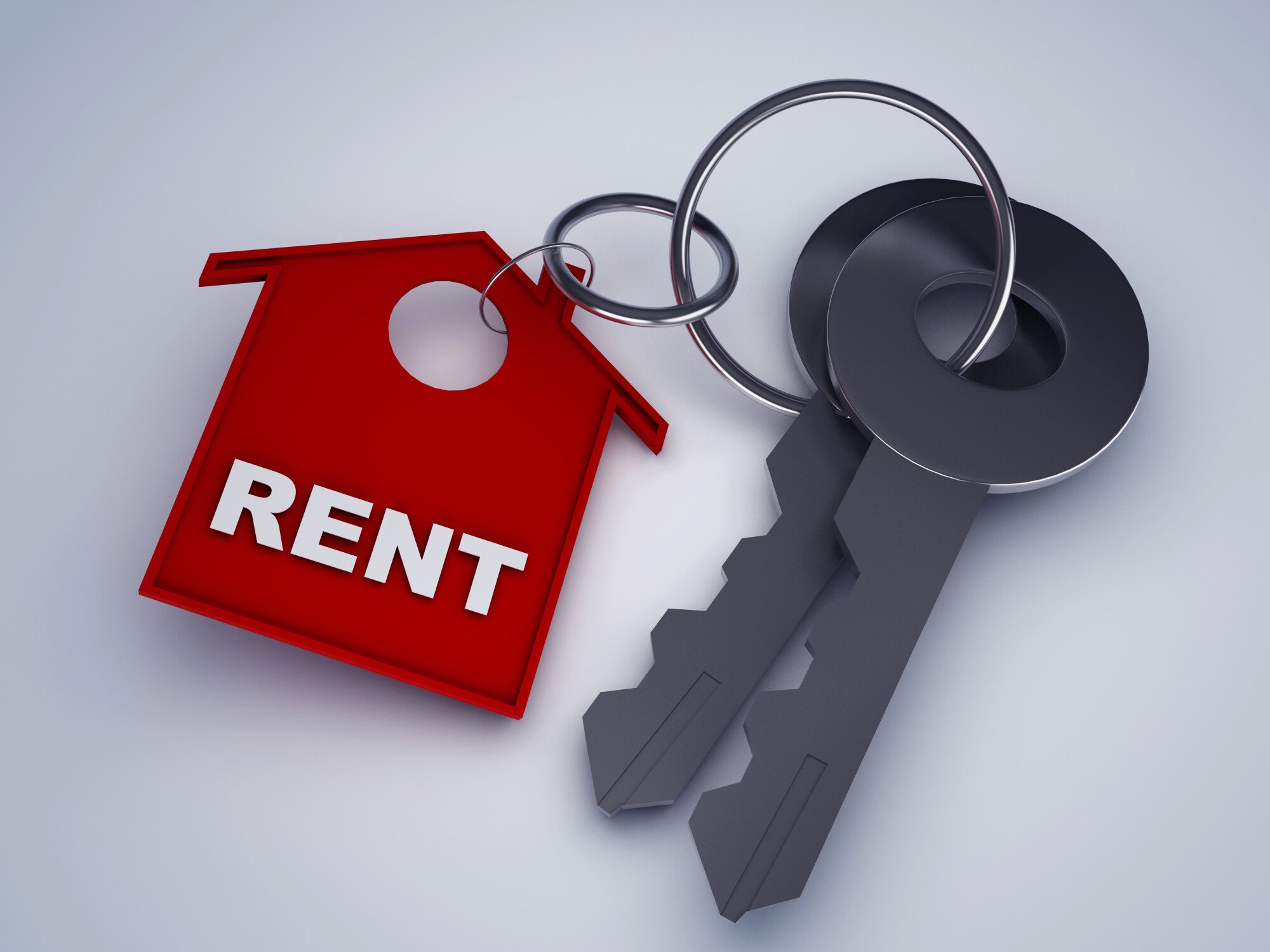The number of 1031 exchanges increased by 70% between the years 2019 and 2021.
More and more investors are beginning to see the benefits and advantages of this wealth-building strategy. As an investor, you should be constantly looking for new opportunities and new ways to expand your portfolio.
1031 exchanges are a great tool that can help you achieve your investment property goals.
If you're new to the real estate investment world, you probably have some questions and we are here to answer them.
This guide will include information about homes for rent, capital gains, tax-deferred benefits, and more.
Understanding the Basics
The 1031 exchange was named after Section 1031 of the U.S. Internal Revenue Code. It states that investors can defer capital gains taxes on specific properties and sales if they reinvest the proceeds into like-kind properties.
To simplify it, you're allowed to essentially swap one property for another without incurring immediate tax consequences.
In order to use your property in a 1031 exchange, it must be used for business, for example, homes for rent. You can't use your primary residence for this type of transaction.
To make the exchange work, the property must be of "like-kind." This means they must be of the same nature. However, they don't have to be the same value or quality.
Benefits of Utilizing a 1031 Exchange
Now it's time to get into the benefits. The process may seem daunting, but once you see the advantages, you'll realize it may be worth it.
Tax deferral is one of the best benefits of a 1031 exchange. Since you'll be reinvesting the proceeds from the sale, you'll pay capital gains taxes when you sell the replacement property for cash.
This allows you to compound potential returns over time.
You'll also be growing your wealth, which can be helpful when you're saving for retirement. You'll have access to larger properties because of the tax-deferred benefit, which could significantly increase your monthly income.
Potential Disadvantages of Investments for Exchange
There are a few disadvantages that you need to be aware of as well. There are very strict rules and deadlines when it comes to 1031 exchanges.
You'll need to be able to identify a replacement investment property within 45 days of selling your original rental property. You'll then need to complete the exchange within 180 days.
You could face immediate tax consequences if you can't meet the deadlines.
You may also be limited in the properties you can purchase, which can make it hard to diversify your portfolio. If you're a residential property investor trying to break into commercial property investment, the 1031 exchange isn't for you.
1031 Exchanges and Homes for Rent
For investors seeking to optimize their real estate portfolios and minimize tax burdens, a 1031 exchange can be a game-changing strategy.
By deferring capital gains taxes and leveraging appreciation, you can effectively compound your wealth.
Since the process is so complex, it's vital that you work with a team of professionals. This will ensure you're always in compliance with the law and getting a good deal.
For more expert advice, give us a call today. Our team is well-versed in 1031 exchanges and setting up homes for rent.


